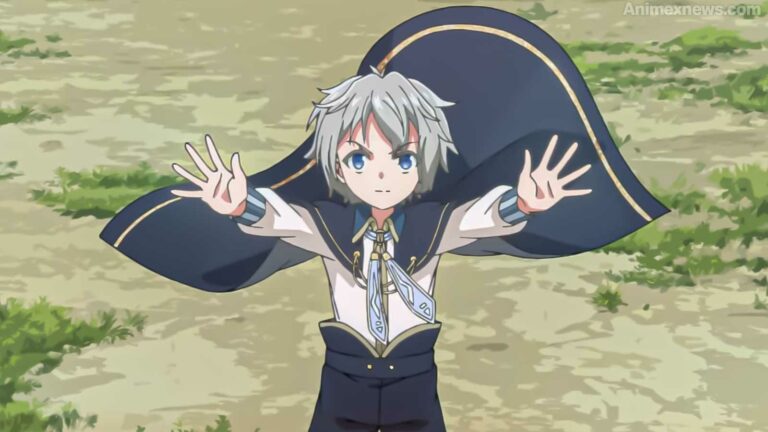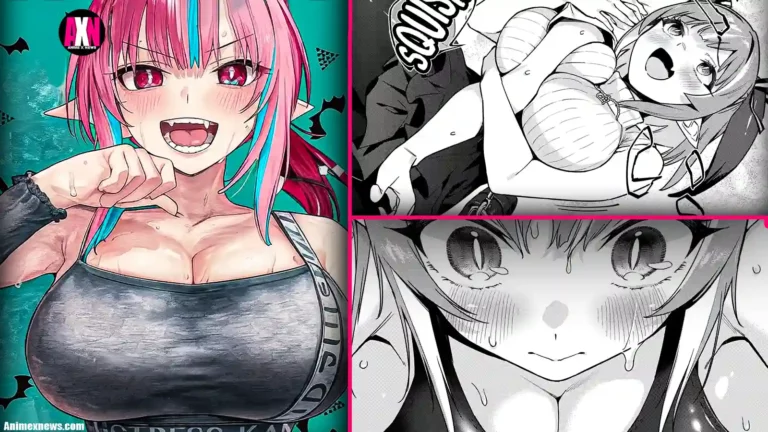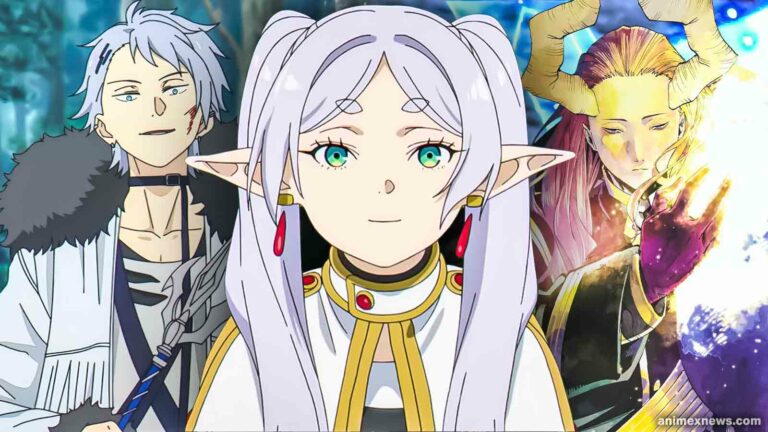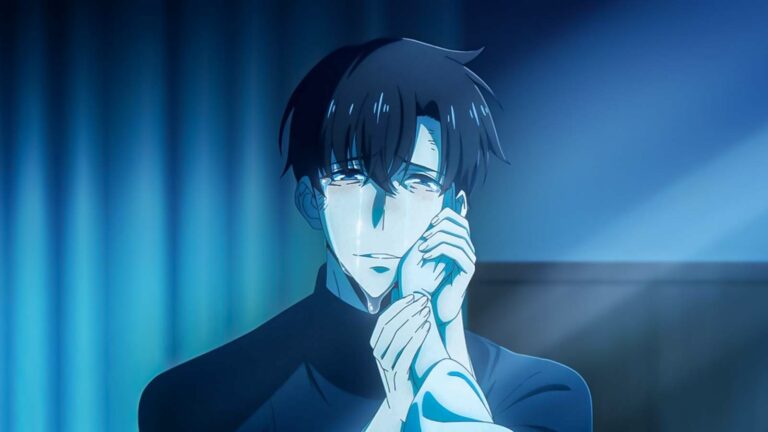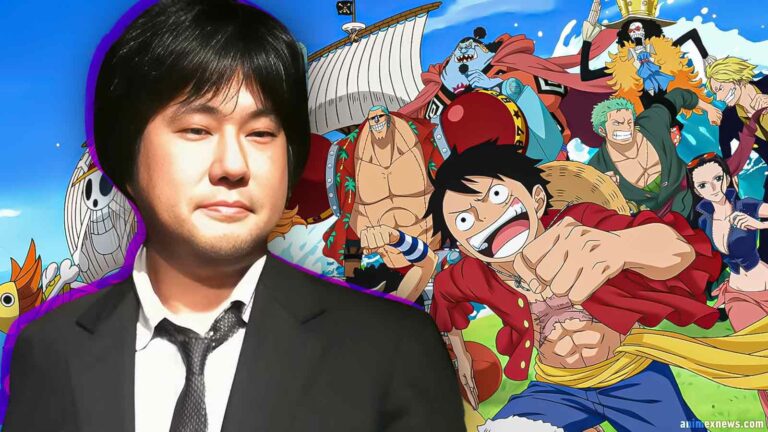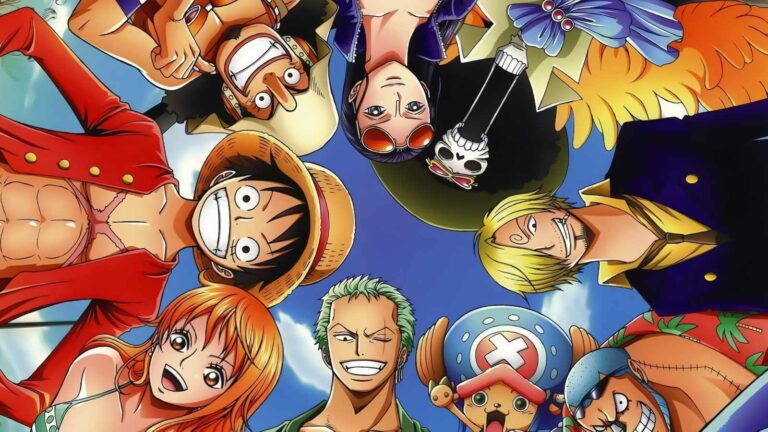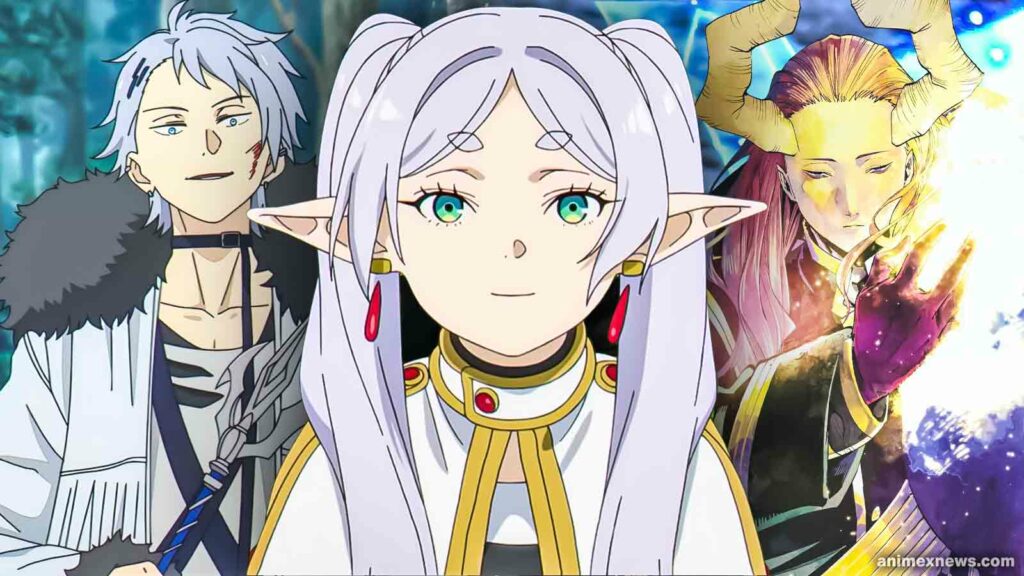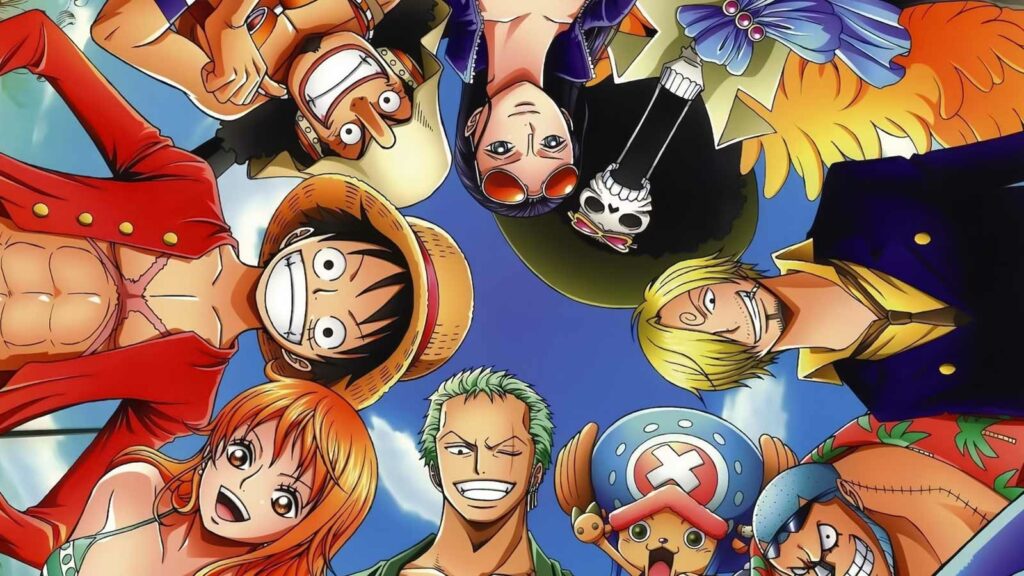Japan recently decided to halt funding for the United Nations Committee on the Elimination of Discrimination Against Women (CEDAW) after it suggested changes to Japan’s male-only imperial succession law. This decision, made in January 2025, also involved canceling a planned visit by CEDAW members.
Background on CEDAW and Its Recommendations
The United Nations Committee on the Elimination of Discrimination against Women (CEDAW) is a body that monitors the implementation of the Convention on the Elimination of All Forms of Discrimination against Women. In October 2024, CEDAW reviewed Japan’s ninth periodic report and made recommendations, including:
- Amending the Imperial House Law to allow female succession to the throne for gender equality.
- Expressing concerns that anime, manga, and video games might promote violence against women, recommending legal measures and monitoring.
Japan’s Response and Online Activism
In January 2025, Japan decided to freeze voluntary funding for CEDAW, specifically in response to the imperial succession recommendation, and canceled a planned visit by CEDAW members.
This action was seen as a stand against perceived cultural interference, particularly resonating with the anime and manga community.
Online activism, including discussions on platforms like Reddit (r/visualnovels), played a role, with fans opposing censorship and supporting Japan’s position, one user commented questioning how they don’t care about other country with really big issue to address,
“Can’t say shit about Saudi Arabia’s track record but let’s target Japanese media. Okay thanks UN.”
Another user replied,
“Taliban legit banned the right for women to speak in public then banned their ability to speak between them, yet they attack art, i dont get it.”
Another user replied on how they are forcing censorship through transaction,
“Yes and no. UN is a toothless tiger in pretty much every aspect. But, companies that already all for censorship (we all heard about VISA and MasterCard fucking things over), can and will use this resolution to justify their bullshit.”
Significance for Anime Fans
This incident highlights the tension between global governance and national cultural autonomy, with Japan’s action seen as defending creative freedom in anime and manga, crucial to its cultural identity.
Japan’s Stance Against CEDAW and Implications for Anime and Manga
This report delves into the recent developments involving Japan’s response to the United Nations Committee on the Elimination of Discrimination against Women (CEDAW) recommendations, focusing on the intersection with anime, manga, and video games.
It provides a detailed examination of the events, the role of online activism, and the broader implications for the anime community, ensuring a thorough understanding for enthusiasts and stakeholders.
Context and Background
The Committee on the Elimination of Discrimination against Women (CEDAW) is a UN body established to oversee the implementation of the Convention on the Elimination of All Forms of Discrimination against Women, ratified by Japan in 1985.
In October 2024, CEDAW conducted its review of Japan’s ninth periodic report (report is available at CEDAW/C/JPN/CO/9), culminating in the publication of concluding observations. These observations covered a range of gender equality issues, with specific recommendations that touched on both legal and cultural aspects of Japanese society.
CEDAW’s Specific Recommendations
The concluding observations included two key areas relevant to this discussion:
Imperial Succession: In paragraph 12, CEDAW recommended amending the Imperial House Law to guarantee equality of women and men in succession to the throne, citing compliance with articles 1 and 2 of the Convention.
This recommendation aimed to address gender discrimination in Japan’s monarchy, where only males can ascend, rooted in the Chrysanthemum Throne tradition.
Anime, Manga, and Games: In paragraphs 25(c) and 26(c), CEDAW expressed concerns about the potential of p*rnography, video games, and animation products like manga to promote sexual and gender-based violence against women and girls, reinforcing discriminatory stereotypes.
It recommended effective implementation of legal measures and monitoring programs to regulate their production and distribution.
These recommendations were part of a broader review, with the full text accessible via Concluding Observations.
Japan’s Reaction and Policy Shift
Japan’s response was multifaceted, with significant actions taken in early 2025. According to reports from The Asahi Shimbun and ABC News, the Japanese government, on January 27, 2025, informed the OHCHR that its voluntary contributions would exclude funding for CEDAW activities.
This decision was explicitly linked to CEDAW’s recommendation on imperial succession, with Foreign Ministry spokesperson Toshihiro Kitamura stating it was in response to the October 2024 report urging female emperor succession.
Additionally, Japan canceled a planned visit by CEDAW members scheduled for 2025, as noted in The Asahi Shimbun. This move was unusual and highlighted Japan’s firm stance against what it perceived as interference in its internal affairs, particularly regarding the imperial family, a symbol of national identity.
The Role of Online Activism
While the funding halt was primarily in response to the imperial succession recommendation, the anime, manga, and games community saw this as part of a broader resistance to UN interference in cultural hobbies. The user’s summary and X (Formally Twitter) post from Pirat Nation on February 21, 2025, stated,
“We did it. Japan is officially telling the UN to f*** off and leave our hobbies alone,” suggesting a connection to online activism”
Thanks God!!! 🙏😂 Japans culture must be cherished!
— Alex anomaly (@AnnomalyAlexx) February 21, 2025
These recommendations sparked debate, with the anime community viewing them as a threat to creative freedom.
Japan’s decision to halt funding, while primarily about imperial succession, was interpreted by many as a symbolic stand against all CEDAW recommendations, including those on media, given the timing and online discourse.
Broader Implications for Anime and Manga
The incident underscores the tension between international human rights norms and national cultural sovereignty.
For the anime and manga community, this is a critical issue, given the global popularity of these media and their deep roots in Japanese culture.
The potential for censorship, as highlighted in historical cases like the 2010 Tokyo Youth Healthy Development Ordinance (discussed in Comic Book Legal Defense Fund), has long been a concern, and CEDAW’s 2024 recommendations reignited these fears.
Japan’s action is seen as a defense of its cultural heritage, with online activism playing a pivotal role in amplifying these concerns.
The community’s response, including trending hashtags and petitions, likely pressured policymakers to consider public sentiment, aligning with Japan’s broader narrative of protecting its creative industries.





